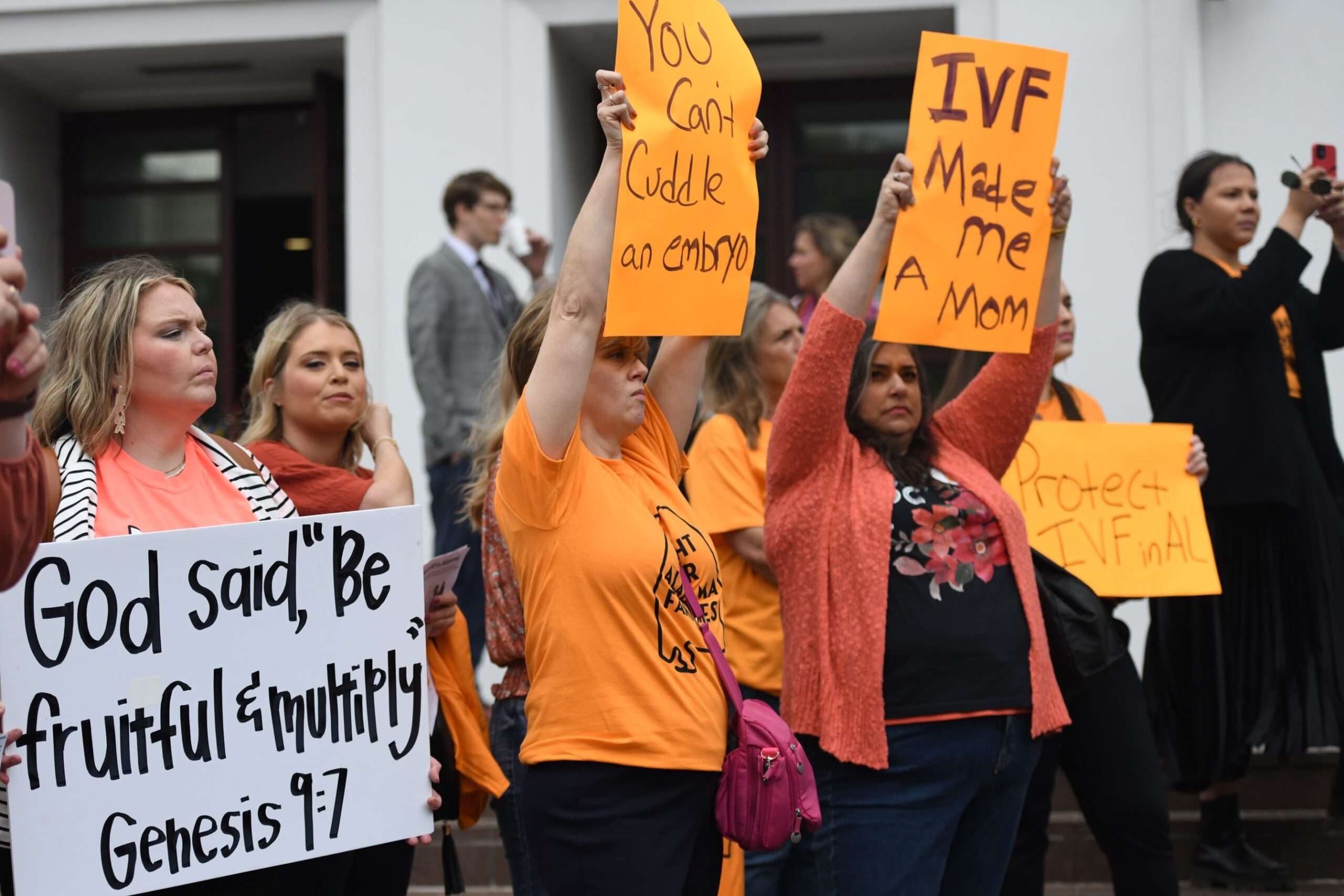In today’s polarized political environment, it is highly improbable to discover an issue where the overwhelming majority of individuals – particularly Alabama legislators – are in alignment. However, following the Alabama Supreme Court’s decision that classified frozen embryos as “children” under the law, effectively halting all IVF services in the state, there has been a remarkable level of public and legislative consensus in seeking a resolution to assist those in need of reproductive support in building their families once again.
The people of Alabama widely perceive family creation as pro-life, irrespective of whether technological intervention is necessary.
It is a rare occurrence for the legislature to unanimously pass legislation that mirrors the direct beliefs of a majority of the state’s voters, especially in such a prompt and efficient manner. The Supreme Court’s ruling created a dilemma; the Legislature took action to address it; most voters (especially those involved in IVF procedures) are reasonably content with the outcomes for now, and clinics are poised to reopen soon. Nonetheless, this remains a temporary solution as long as our court continues to interpret the state constitution as advocating for fetal and embryonic personhood.
When voters were tasked with deciding on the “Sanctity of Life” amendment in 2018, proponents of the measure portrayed it as a “declaration of values,” rather than a measure with tangible and direct implications on their autonomy to make medical choices for themselves and their families. Opponents of the amendment were dismissed when they raised concerns that it could potentially outlaw contraception, compel individuals impregnated through sexual assault to carry the pregnancy against their will, or render IVF inaccessible in the state.
The director of Alliance for a Pro-life Alabama stated, “Amendment 2 merely establishes a policy as the people’s will, delegating the specific restrictions or freedoms to the Legislature.” Yet today, we witness our state government formulating a response bill that reflects the people’s will while grappling with the notion that no legislative action can override the current language enshrined in our state constitution.
Many Alabama voters identify as “pro-life,” but their interpretation is far more nuanced than the rigid, radical stance espoused by the Supreme Court. It is not “pro-life” to obstruct families from initiating a pregnancy, just as it is not “pro-life” to compel anyone to endanger their long-term health and fertility by continuing an unsustainable pregnancy. It is not “pro-life” to restrict access to contraceptive options in a state plagued by one of the highest rates of maternal mortality and morbidity in the nation, nor is it “pro-life” to operate within a medical system where healthcare providers could face harsher penalties both criminally and civilly for actions that might harm an embryo or fetus than they would for causing harm to the individual carrying it due to medical neglect.
These were not the outcomes desired by the people of Alabama when they voted on the “Sanctity of Life” amendment. It is incumbent upon the Legislature to offer us an opportunity to redefine our true values. If every legislator who supported the short-term IVF legislation commits to passing a bill that would enable a re-vote on the “Sanctity of Life” amendment, then we can ascertain whether this genuinely reflects the will of the people rather than the zealous convictions of an ultra-conservative court.
Now that we comprehend the full implications of its language, this is the sole method to restore authority to the voters and their elected representatives, precisely where it rightfully belongs.
